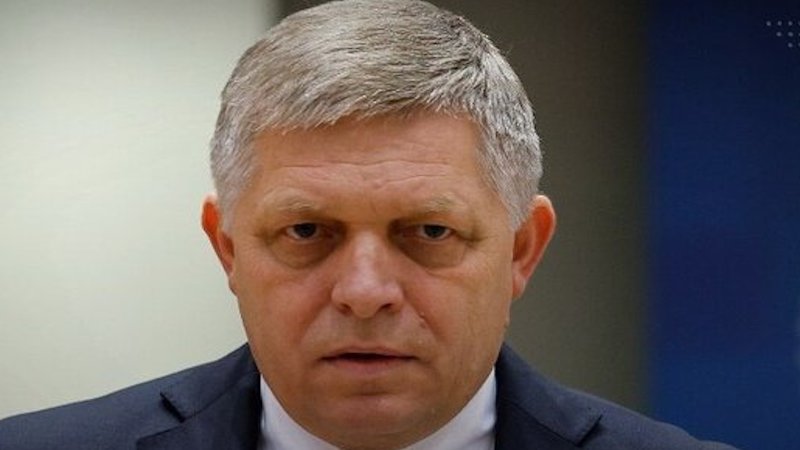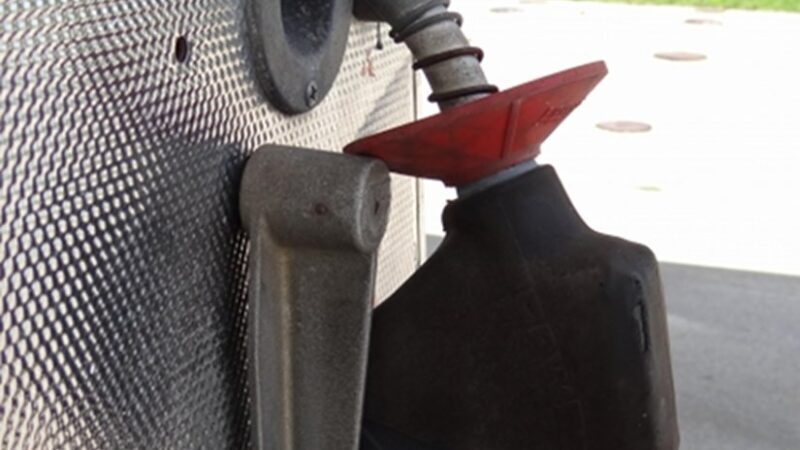
The recent assassination attempt on Prime Minister Robert Fico has thrown Slovakia into the international spotlight, raising critical questions about its political trajectory and future within the European community.
Three weeks have passed since the shocking attempt on Prime Minister Fico’s life. Despite having been in critical condition, he has stabilized and is recovering at home.
This event has sent shockwaves through Slovakia and beyond. The young European nation was once part of Czechoslovakia, which embraced democracy following the dissolution of the Iron Curtain in 1989. Later, having parted amicably from its Czech brethren in 1993, Slovakia has typically enjoyed peaceful, albeit passionate, political discourse. Now, it finds itself at a pivotal moment.
Slovakia’s political landscape is sharply divided.
The war in Ukraine and the recent national election—which resulted in the accession of Fico, a political survivor and now four-time prime minister—has increasingly polarized Slovak society. Fico has expressed skepticism and concern over the trajectory of the war in Ukraine, contrasting with the broader EU and NATO support for continuing military aid to Ukraine. This has not only strained Slovakia’s relationships within the EU but has also sparked significant domestic opposition.
Akin to neighboring Hungary’s Viktor Orbán, Fico maintains that his stance toward Russia and Putin is not explicitly pro-Russian but aims instead to be less confrontational compared to the unequivocally pro-Western, pro-NATO position of Brussels or the broader Western bloc.
These tensions are not confined to political arenas and media. They also stir strong emotions among everyday citizens, sparking weekly mass protests against the government. The assassination attempt underscores the volatile nature of Slovakia’s current political climate, highlighting deep-seated frustrations and divisions that threaten the stability and democratic fabric of this peaceful nation.
Slovakia emerged as an independent nation in 1993, bridging Slavic-speaking and Western Europe. Formerly part of the Soviet bloc and situated behind the Iron Curtain, Slovakia embraced democracy and freedom following the 1989 Velvet Revolution. Despite initial challenges in transitioning from a planned economy and totalitarian regime to a free-market economy and open democracy, Slovakia found its stride in the early 2000s. This progress culminated in its accession to the European Union in 2004, marking a significant milestone in its development.
Despite being a member of the Schengen Area, the Eurozone, and NATO, Slovakia and its leadership have grown increasingly skeptical of certain EU policies. This skepticism is particularly evident in the government’s stance on the migration crisis. During his third term, Prime Minister Fico firmly rejected the EU’s allocated migrant quotas among member-states, reflecting broader concerns about national sovereignty and the EU’s approach to overall migration management.
Another recent point of contention between Slovakia’s political views and those of Brussels is the ongoing conflict in Ukraine. Prime Minister Fico has advocated for Ukraine to cede some of its territory to Russia, as a means to end the conflict, describing this as the only realistic solution.
Fico is also firmly opposed to Ukraine’s accession to NATO, arguing that such a move could provoke a broader conflict, potentially leading to World War III. Upon returning to power for the fourth time in October 2023, he vowed to halt Slovakia’s military aid to Ukraine, stating that doing the opposite only prolongs an unnecessary conflict. His government has opted to focus on humanitarian assistance instead.
All of these policies are contrary to the objectives of NATO and Ukraine’s Western allies.
On May 15, Prime Minister Fico was making a public appearance in the small town of Handlová, situated in the heart of Slovakia, following a government meeting. As he walked toward the crowd of sympathizers standing behind a railing, with an outreached and open hand, someone in the crowd shouted “Robbie (Robo) come here” and then fired five shots at him at close and in quick succession.
Fico was shot multiple times and gravely wounded.
The shooter, a 71-year-old writer, poet, and activist, was taken into custody and charged with attempted murder. His motives were ideologically driven, by his personal and political disillusionment with the new government’s policies, particularly the government’s opposition to providing military aide to Ukraine.
Immediately after the assassination attempt, there was a short period of national instability, as President Zuzana Čaputová and President-elect Peter Pellegrini used their influence to stabilize and calm the country amidst crisis and condone political violence. Both government and opposition forces were united in this stance. Meanwhile, Prime Minister Fico was moved from intensive care and is now undertaking treatment and working from his bedside at St. Michal’s hospital in Bratislava.
The deep divisions in Slovakia reflect the larger split in politics across the globe, between traditional and progressive worldviews. The attempted assassination has sparked broader questions and direct action by the government over which direction it should take in terms of dealing with political dissent and its potential to escalate into political violence.
Immediately after the shooting, emotions flared, particularly within Fico’s Smer Party and their coalition partners. Robert Fico has been a colleague, friend, and partner to some of them for decades. They were outraged and distraught at the attempted assassination, and at the man who self-identified with the opposition and its ideological values.
Concerns have been raised whether this is the beginning of a new wave of political violence. So far, all indications are that the situation is calming.;Meanwhile, in a pre-recorded 14-minute address to the nation released on the evening of June 5, Prime Minister Fico delivered an update to the Slovak people on the state his health and future plans. Despite suffering serious injuries from multiple gunshot wounds, Fico announced his intention to resume full-time work by the end of June or early July.
He opened his speech by recounting the harrowing incident on May 15. He forgave his assailant but also referred to him as a “messenger of evil and political hatred, which the politically unsuccessful and frustrated opposition has developed in Slovakia to unmanageable proportions.” Some have referred to his actions as further stoking the flames of Slovakia’s toxic political climate, rather than calming the situation. Immediately following the attack on the prime minster, the Slovak media signed a common statement condemning the violence. Likewise, the political opposition was quick to condemn the act and distance itself from the assailant. Nevertheless, in his address to the nation, Fico revealed that he had cautioned his colleagues about potential security threats in the weeks leading up to the attack.
As Slovakia navigates this turbulent period, the prime minister’s return could either reinforce stability or potentially inflame existing political tensions.
- This article was published at FPIF


